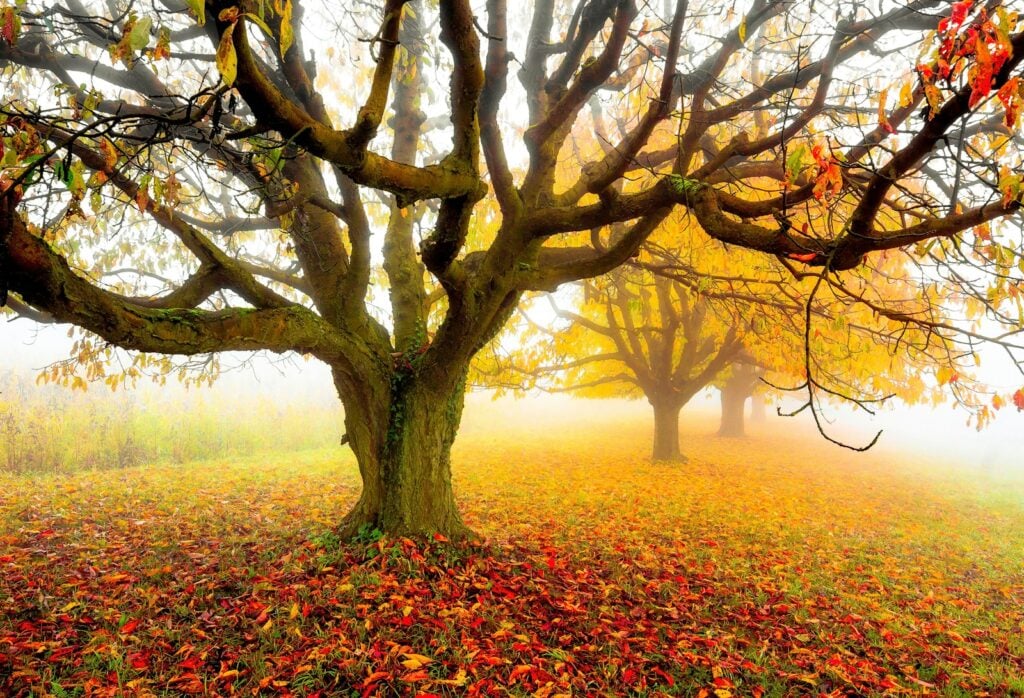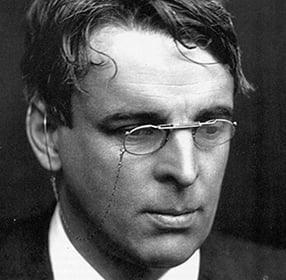
Merry Christmas to all my Gentle Readers


I would not dare to encapsulate my thoughts on Jane Eyre or any other creation of Charlotte Brontë, since I neither have the adequate education nor the expertise to do so, however, I shall simply ruminate upon the richness of her language in this short note of mine. A language that holds within its folds the manifold beauty of nature as well as the tiny nuances of human emotions. A language that is indeed so incredibly pristine that it shimmers with untold secrets and unsung ballads. A language that used to once upon a time be spoken by most people, but is sadly neglected today.
Each time I read these classics of English literature I tend to wonder about the richness of the language and its denouement in the present day world. Whatever happened to that language? Once upon a time expressions more priceless than gems and words sweeter than wine used to tumble out of people’s mouths during the course of their daily lives. What happened to that ? Why do we restrict ourselves to commonplace words and expressions that are borrowed from a society bereft of both individuality as well as intensity of character? Why do we speak a language that delivers an English both truncated in stature a well as devoid of the richness that she once boasted of ? Why do we compromise with our language ? Why can’t we be like Jane Eyre who refused to compromise with both her position in life as well as the hollow marriage that Mr. Rochester had to offer during the early part of the novel? Too many questions and very few answers.
For the time being let us meditate upon that glorious language that was once upon a time prevalent in a world that appreciated the baroque over the commonplace. A world where people had the time to think and speak with both eloquence as well as passion. A world lost in the sands of time.
Thank you Charlotte Brontë for bringing that world back to us.
Au revoir !

Do not go gentle into that good night,
Old age should burn and rave at close of day;
Rage, rage against the dying of the light.
Though wise men at their end know dark is right,
Because their words had forked no lightning they
Do not go gentle into that good night.
Good men, the last wave by, crying how bright
Their frail deeds might have danced in a green bay,
Rage, rage against the dying of the light.
Wild men who caught and sang the sun in flight,
And learn, too late, they grieved it on its way,
Do not go gentle into that good night.
Grave men, near death, who see with blinding sight
Blind eyes could blaze like meteors and be gay,
Rage, rage against the dying of the light.
And you, my father, there on the sad height,
Curse, bless, me now with your fierce tears, I pray.
Do not go gentle into that good night.
Rage, rage against the dying of the light.


Oh, good gigantic smile o’ the brown old earth,
This autumn morning! How he sets his bones
To bask i’ the sun, and thrusts out knees and feet
For the ripple to run over in its mirth;
Listening the while, where on the heap of stones
The white breast of the sea-lark twitters sweet.
That is the doctrine, simple, ancient, true;
Such is life’s trial, as old earth smiles and knows.
If you loved only what were worth your love,
Love were clear gain, and wholly well for you:
Make the low nature better by your throes!
Give earth yourself, go up for gain above!
Sybil of months, and worshipper of winds,
I love thee, rude and boisterous as thou art;
And scraps of joy my wandering ever finds
Mid thy uproarious madness—when the start
Of sudden tempests stirs the forest leaves
Into hoarse fury, till the shower set free
Stills the huge swells. Then ebb the mighty heaves,
That sway the forest like a troubled sea.
I love thy wizard noise, and rave in turn
Half-vacant thoughts and rhymes of careless form;
Then hide me from the shower, a short sojourn,
Neath ivied oak; and mutter to the storm,
Wishing its melody belonged to me,
That I might breathe a living song to thee.


Know’st thou not at the fall of the leaf
How the heart feels a languid grief
Laid on it for a covering,
And how sleep seems a goodly thing
In Autumn at the fall of the leaf?
And how the swift beat of the brain
Falters because it is in vain,
In Autumn at the fall of the leaf
Knowest thou not? and how the chief
Of joys seems—not to suffer pain?
Know’st thou not at the fall of the leaf
How the soul feels like a dried sheaf
Bound up at length for harvesting,
And how death seems a comely thing
In Autumn at the fall of the leaf?

When you are old and grey and full of sleep,
And nodding by the fire, take down this book,
And slowly read, and dream of the soft look
Your eyes had once, and of their shadows deep;
How many loved your moments of glad grace,
And loved your beauty with love false or true,
But one man loved the pilgrim soul in you,
And loved the sorrows of your changing face;
And bending down beside the glowing bars,
Murmur, a little sadly, how Love fled
And paced upon the mountains overhead
And hid his face amid a crowd of stars.
“Nature’s first green is gold,
Her hardest hue to hold.
Her early leaf’s a flower;
But only so an hour.
Then leaf subsides to leaf,
So Eden sank to grief,
So dawn goes down to day
Nothing gold can stay.”

Season of mists and mellow fruitfulness,
Close bosom-friend of the maturing sun;
Conspiring with him how to load and bless
With fruit the vines that round the thatch-eves run;
To bend with apples the moss’d cottage-trees,
And fill all fruit with ripeness to the core;
To swell the gourd, and plump the hazel shells
With a sweet kernel; to set budding more,
And still more, later flowers for the bees,
Until they think warm days will never cease,
For summer has o’er-brimm’d their clammy cells.
Who hath not seen thee oft amid thy store?
Sometimes whoever seeks abroad may find
Thee sitting careless on a granary floor,
Thy hair soft-lifted by the winnowing wind;
Or on a half-reap’d furrow sound asleep,
Drows’d with the fume of poppies, while thy hook
Spares the next swath and all its twined flowers:
And sometimes like a gleaner thou dost keep
Steady thy laden head across a brook;
Or by a cyder-press, with patient look,
Thou watchest the last oozings hours by hours.
Where are the songs of spring? Ay, Where are they?
Think not of them, thou hast thy music too,—
While barred clouds bloom the soft-dying day,
And touch the stubble-plains with rosy hue;
Then in a wailful choir the small gnats mourn
Among the river sallows, borne aloft
Or sinking as the light wind lives or dies;
And full-grown lambs loud bleat from hilly bourn;
Hedge-crickets sing; and now with treble soft
The red-breast whistles from a garden-croft;
And gathering swallows twitter in the skies.

Had I the heavens’ embroidered cloths,
Enwrought with golden and silver light,
The blue and the dim and the dark cloths
Of night and light and the half light,
I would spread the cloths under your feet:
But I, being poor, have only my dreams;
I have spread my dreams under your feet;
Tread softly because you tread on my dreams.

William Butler Yeats, widely considered one of the greatest poets of the English language, received the 1923 Nobel Prize for Literature. His work was greatly influenced by the heritage and politics of Ireland.